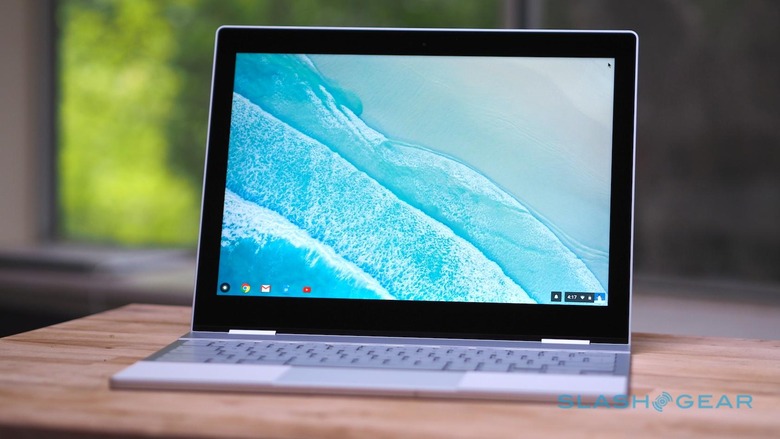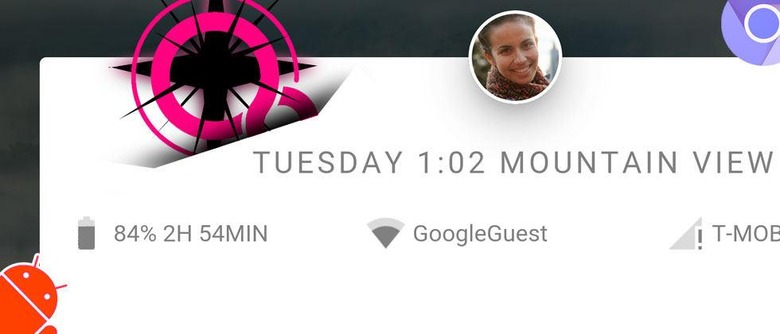Fuchsia Spotted: Google's Unreleased Software Now On New Hardware
It's time to talk about Google's software called Fuchsia again. Today it's become apparent that Fuchsia is running on the Google Pixelbook. Fuchsia is a new(ish) operating system Google's been working on for many months. The Google Pixelbook is the notebook equivalent of a Google Pixel smartphone, instead running Chrome OS right out the box.
The Google Pixelbook has a 12.3-inch LCD display with 2400x1600 pixels across its face. This computer runs Chrome OS right out the box and has a 7th-gen Intel Core processor with either 8GB or 16GB of RAM. This machine has options for 128GB, 256GB, or 512GB internal solid state storage. The Pixelbook has a keyboard, a touchpad, and supports both a Google Pixelbook Pen (stylus) and touchscreen interaction.

It has lots of options. It's made to be a hero for Chrome. So what's it doing running Fuchsia?
The Google Pixelbook is the latest in Google notebook form-factor hardware. It only makes sense for it to be at least on the list of targets for a desktop operating system developed by Google. In addition to working on the Pixelbook, Fuchsia works on the Acer Switch Alpha 12 and the mini PC kit Intel NUC.
It's stranger that Google chose to run their OS on either one of these alternate pieces of hardware first, rather than a Google-made notebook of some sort. In any case, if you have any of the three devices listed, you can run Fuchsia OS right now. Head over to the Google Source page for the OS and load it on up.

You can also run Fuchsia on Android.
That's an official source, mind you. This is an open source project – that's the reason we've been able to follow Fuchsia's development since basically its beginning. Have a peek back at Beyond Android: Our first look at Google Fuchsia back in May of last year. It's possible – and likely – Google developers had this project running well before it was discovered in open source code.
As yet, there does not seem to be any plan to use this OS to replace anything Google has running in public. This isn't going to replace Chrome OS or Android – at least, not directly. Fuchsia is a real deal OS, higher than vaporware but not quite to the point where Google wants to make any big announcements.
As Gabriel Brangers of Chrome Unboxed said this week, "To presume the news of Fuchsia on the Pixelbook is anything more than Google embracing their own hardware is a pretty big leap of faith that I, personally, am not going to take. Instead, I would say that Google is taking a step towards Chrome OS becoming a native developer's OS." I think he's right.
